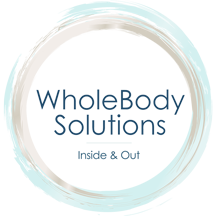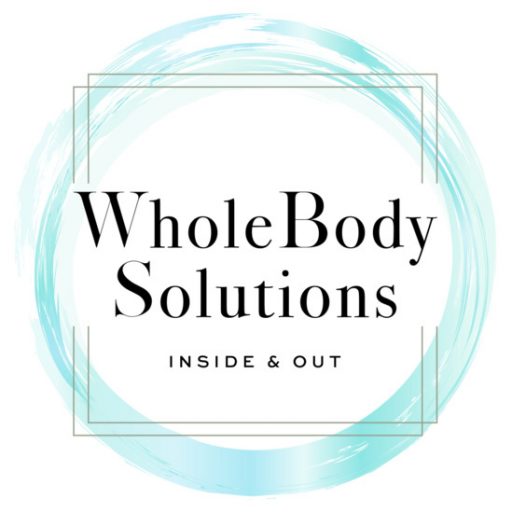As one of the most complex and delicate organs in the human body, the brain is responsible for controlling your thoughts, processing memories, coordinating movement, and regulating emotions, among other crucial tasks.
Don’t take it for granted. These brain health supplements will give your brain the boost it needs.
Omega 3 fatty acids
Omega 3 fatty acids like DHA and EPA support healthy brain function and development – recent studies show that when taken in specific dosages, these fatty acids can potentially help delay the onset of Alzheimer’s in the elderly.
On the other hand, low levels of DHA in older adults are associated with small brain size, which is often a sign of accelerated brain ageing.
Studies have also shown a correlation between expecting mothers’ fish oil consumption and high intelligence test scores and brain function among their offspring in early childhood.
However, not all fish oil supplements are of high quality. Different brands will use varying grades, sources, and doses of fish oil.
To get the most out of your fish oil supplement, Alzheimers.net recommends the following doses:
- 1,000mg to 1,500 mg of DHA per day (250 mg per capsule)
- 600 mg of EPA per day
Natural sources of fish oil include:
- Fatty fish (i.e. mackerel, anchovies, etc.)
- Seeds (i.e. flaxseeds)
Vitamin B6, B12, and folic acid
B vitamins are some of the best nutrients for optimal brain health as they can easily penetrate the blood-brain barrier and help manage homocysteine levels.
Homocysteine is an amino acid that is commonly found in the bloodstream and which is abundant in red meat. Excessive amounts of homocysteine have been linked to brain atrophy, cognitive impairment, and Alzheimer’s.
Research has also shown a direct correlation between poor brain health and vitamin B12 deficiency.
When choosing a Vitamin B complex supplement, look for active forms of the vitamin, namely B12 and Folic Acid, which the body can readily use.
Natural sources of Vitamin B include:
- Leafy greens (i.e. spinach, romaine lettuce)
- Legumes (i.e. chickpeas, edamame)
- Sunflower seeds
Vitamin C
Vitamin C also promotes brain health with its rich antioxidant properties. It plays a critical role in the maturation and differentiation of neurons in the brain as well as the formation of the myelin sheath, which hastens impulse transmission and protects neurons. It also helps convert dopamine to serotonin, the happy chemical.
Inadequate vitamin C intake has been linked to impaired cognitive performance, particularly in aging adults, as vitamin C deficiency is more commonly observed in older populations.
Most Vitamin C supplements being sold in the market contain just one strand of the vitamin, which is ascorbic acid.
And while ascorbic acid is easily digested and absorbed by the body, most experts believe that Vitamin C supplementation is more beneficial when it contains all three strands of the vitamin along bioflavonoids that protect the vitamin and amplify its potency.
Cataplex G contains a potent mix of Vitamin C, Vitamin B6, riboflavin, and niacin. The supplement helps support brain and nervous system function.
You can also get Vitamin C from natural dietary sources:
- Oranges
- Strawberries
- Papaya
- Cantaloupe
- Brussel sprouts
- Cauliflower
Ginkgo biloba
Rich in antioxidants, this herbal supplement is believed to help combat memory issues, dementia, and Alzheimer’s. Studies have shown that EGb 761, a ginkgo biloba extract, was particularly effective in the treatment of dementia and Alzheimer’s.
Research published in JAMA has also concluded that the extract is safe and effective in stabilizing cognitive and social functioning in patients who suffer from dementia for at least a period of 6 to 12 months.
Experts believe that this wonder herb helps improve cognitive and social functioning by promoting blood circulation in the brain and protecting it from neuronal damage.
Ginkgo biloba supplements are available in capsule, tablet, and liquid form. Standard Process offers ginkgo biloba with grapeseed extract to help you reap the benefits of this amazing herb.
You can also purchase dried ginkgo biloba to be used as tea leaves.
Some final thoughts on supplementation
When choosing supplements, it’s important to read the labels and make sure that the supplement you’re buying has the seal of approval of acknowledged health and food agencies in the United States.
Steer clear of supplements that contain artificial or potentially harmful ingredients such as coloring agents, preservatives, soybean, gluten, corn, and dairy.
Pay attention to the packaging – supplements should be stored in vacuum-sealed, tamper-proof, and opaque or semi-opaque containers (i.e. dark or amber-colored glass) to ensure the freshness and safety of the product.
Check if the bottle must be refrigerated after opening. Keep supplements in a dry and cool area away from excessive light and high temperatures.
Take note of the manufacturing and expiry dates to make sure that your supplements are still safe to consume. Discard supplements that are past their best by date to avoid potential health issues.
Lastly, buy your supplements from a reliable and trusted source.
For natural, safe, and effective solutions to health concerns, get in touch with WholeBody Solutions here. We believe in taking a holistic approach to health and wellness. You can also reach Dr. Ann Doggett at 617.328.6300 and [email protected].


 Opened more than 30-years ago by Dr. Ann Doggett, WholeBody Solutions is a holistic wellness center whose mission is to provide the community with safe, effective, and natural answers to health and wellness concerns. Our all-encompassing wellness center focuses on the following drug-free services: Nutrition, Chiropractic, Acupuncture, and Weight Loss. Our goal is quite simple – to make sick people well and to keep healthy people healthy. It’s that simple and that powerful.
Opened more than 30-years ago by Dr. Ann Doggett, WholeBody Solutions is a holistic wellness center whose mission is to provide the community with safe, effective, and natural answers to health and wellness concerns. Our all-encompassing wellness center focuses on the following drug-free services: Nutrition, Chiropractic, Acupuncture, and Weight Loss. Our goal is quite simple – to make sick people well and to keep healthy people healthy. It’s that simple and that powerful.

